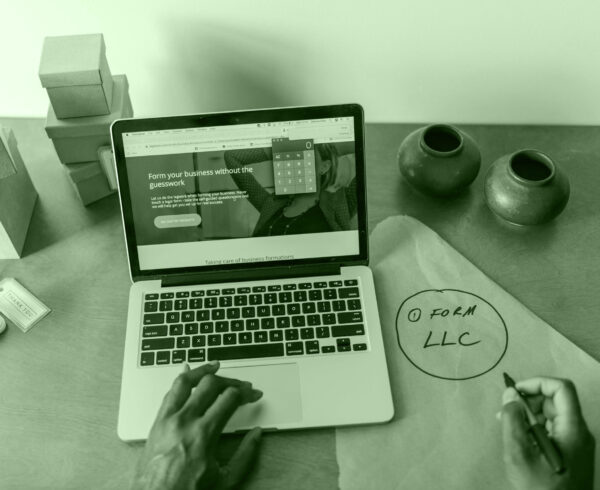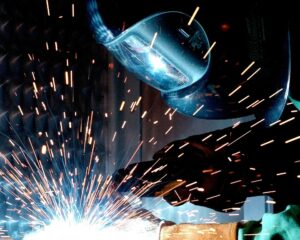Local firms have the opportunity to evolve new ways of working and thinking
The consulting industry has gone through a tumultuous period, with the deeds of a few tainting the many. It has been dragged through the mud. The nameplate consultancies involved in this public tarring and feathering have only themselves to blame for the public’s scorn. But at the same time the entire industry has been placed on trial, and perhaps unfairly so.
Having worked for nearly a decade within the management consulting industry, to say the last few years have made for painful viewing is an understatement. I have seen how the industry can add value and make a meaningful impact across the private and public sector.
Yet, we sit at the beginning of a new consulting season where the collateral damage caused to the industry has left its reputation in tatters and in need of revitalisation.
I can say with certainty that the actions of two or three consultancies do not reflect what is occurring in SA’s consulting industry. SA still has good consultancies. It is not all doom and gloom.
Without any doubt, a small group of industry practitioners made bad decisions. In the process, some of SA’s most important public institutions were undermined. While the public focus has been on certain cases, it is important to recognise that the consulting industry serves a far wider range of clients and projects than elaborated in the media.
SA’s consulting sector is estimated to be a R15bn a year industry. The self-inflicted trauma of the last few years has given the industry an opportunity to look at itself in the mirror, reflect, and hopefully return to what it does best: creating real impact and adding value.
SA’s top consulting houses offer local institutions — private and public — critical support and skills in various forms and fashions. When these engagements are conducted critically and in good faith they lead to successful and impactful outcomes, with positive economic implications.
With this context in mind, what characteristics should your organisation look for when on the hunt for quality consulting services? Based on my experience within the industry, the following, which can also be applied if you are looking to join a good consulting firm:
• Clear purpose: ensure the organisation and its staff are clear in their purpose. Consulting firms should contribute to and participate in developing their society. Diversity of thought, staff and skills, skills development, and supporting positive change through leveraging their own abilities are hallmarks of a clear, symbiotic purpose. Without a clear purpose, the forces of profit and extraction will take precedence.
• Value for money: while major international consultancies are well-known brands, that brand invariably comes at a steep price. Wise buying dictates that you research available alternatives. You will find several boutique and established local firms who can probably offer you 100% of the same services in their own areas of specialisation. The best part is that these equivalent services come at a fraction of the cost.
• Ethical conduct: not much elaboration is needed here. Look for reputable people and brands. No organisation is perfect, but some are far better than others. Doing some due diligence on a consultancy’s ethical policies, governance practices and track record will serve you and your company well.
• Cultural quotient (CQ): IQ and EQ are important but overemphasised. Consultants often have a reputation for large egos. This is where CQ is relevant. Do the consultants you intend working with have a propensity towards collaboration and integration? Do they really want to work and support you and your team? For example, an indicative characteristic is organisational diversity, which in my experience brings fresh perspectives and approaches.
As the dust settles from recent storms across the industry landscape, it is evident there is significant bench strength in the SA consulting industry. The timing could not be more important. SA needs its consulting industry.
The local consulting sector cannot afford to stumble down undesirable paths, as it did a few years ago. There is too much at stake, especially in a country urgently in need of institutional effectiveness to drive economic growth; the skills the industry possesses can play an important role in getting SA back on track.
The local consulting industry now has the chance to evolve into a leaner, fitter and revitalised (particularly from a values perspective) partner for the private and public sectors. I believe it is just the beginning. A new era of consulting is here, ranging from alternative players to new ways of working and thinking. This can only benefit the consulting industry’s clients, the industry itself and the country.









